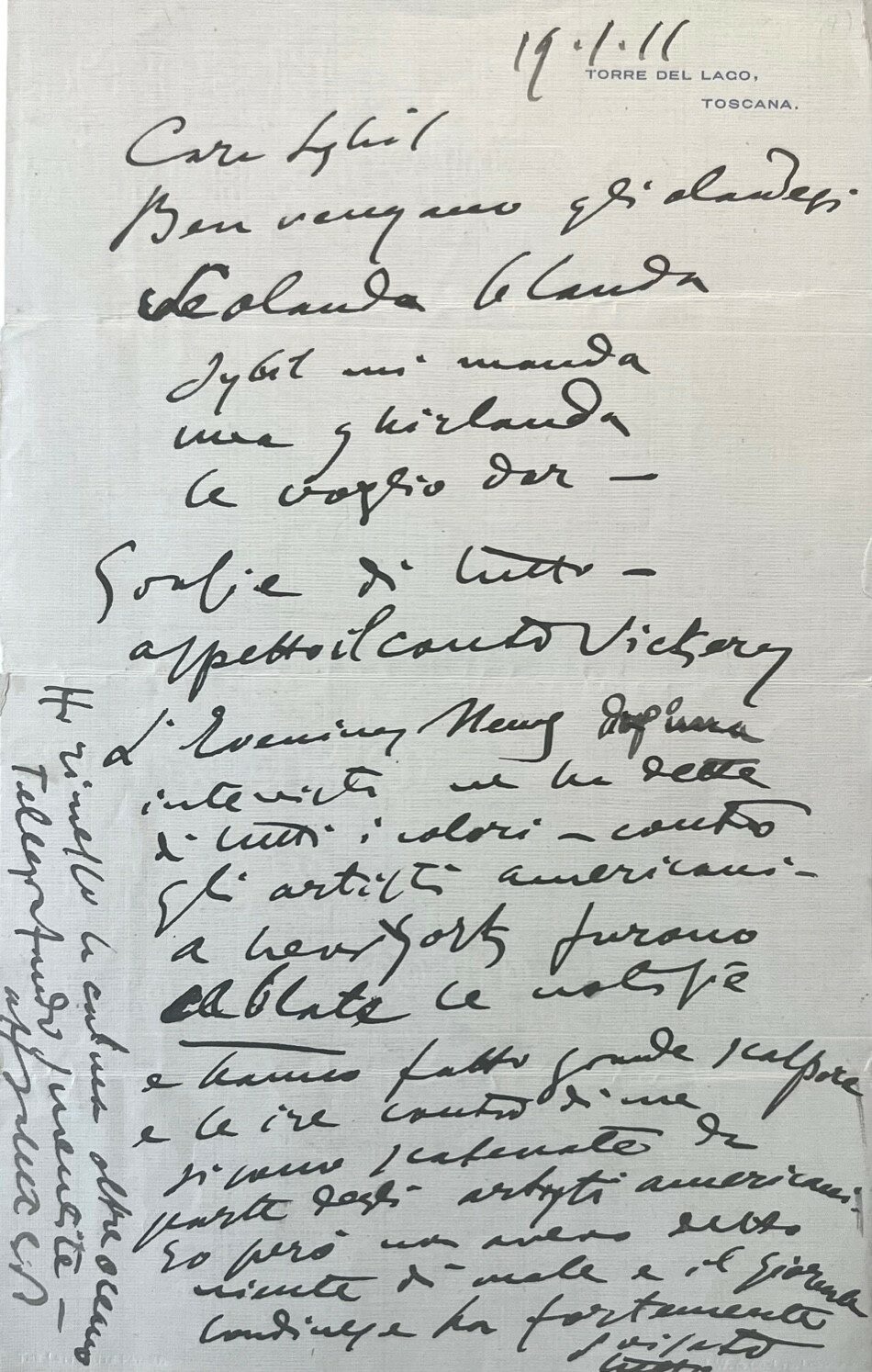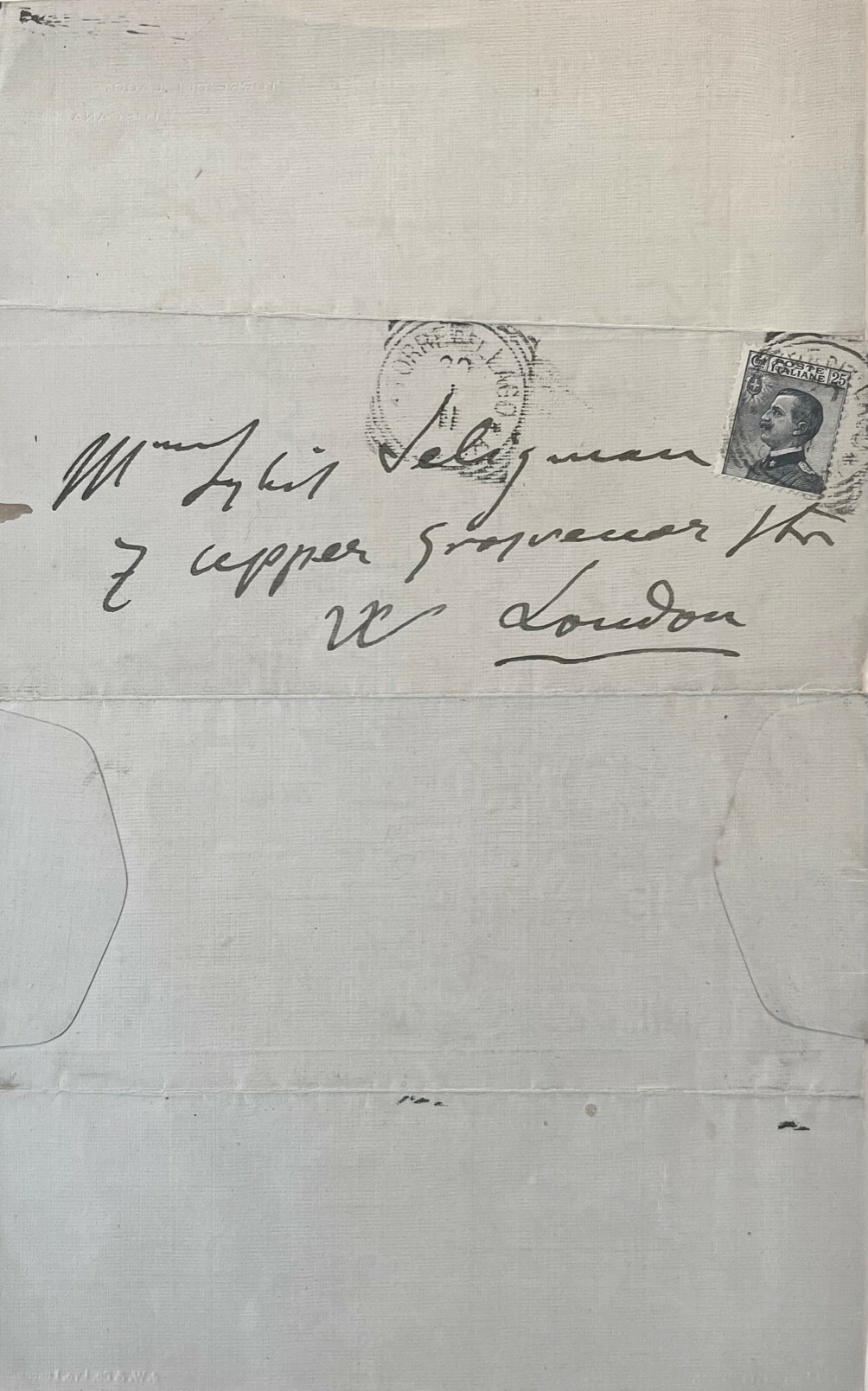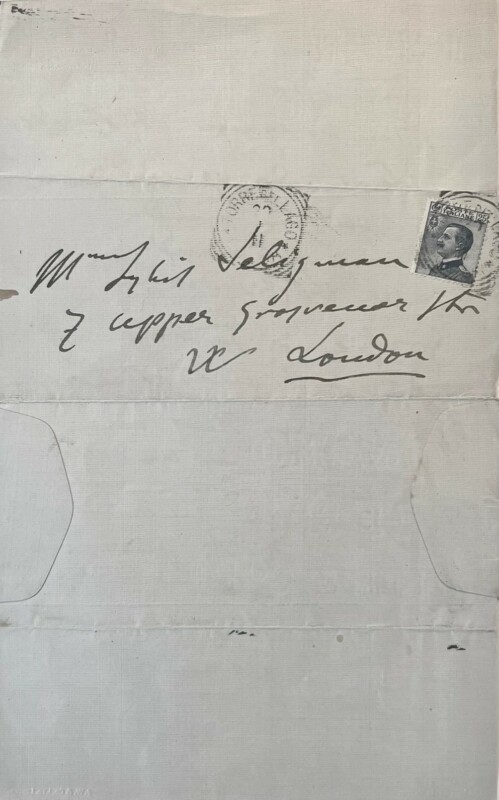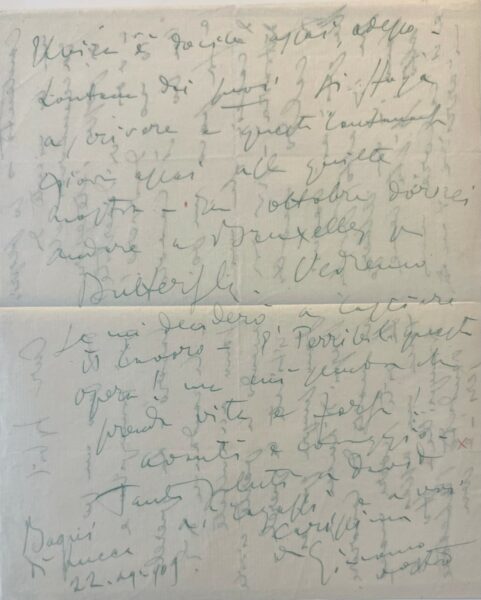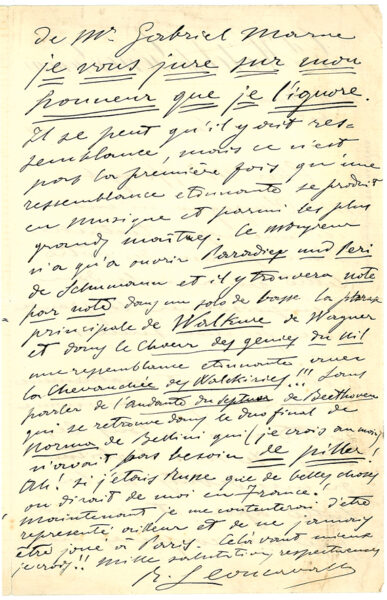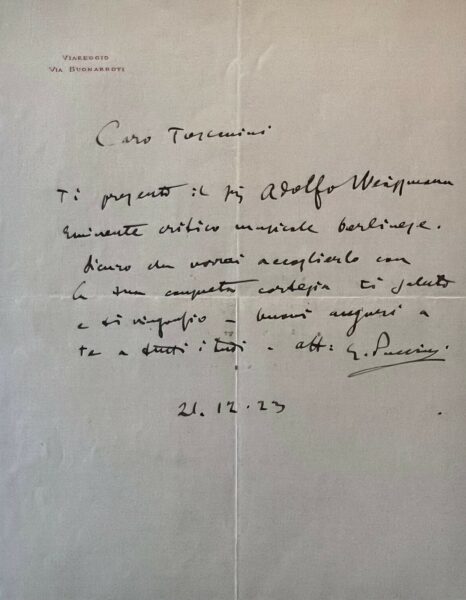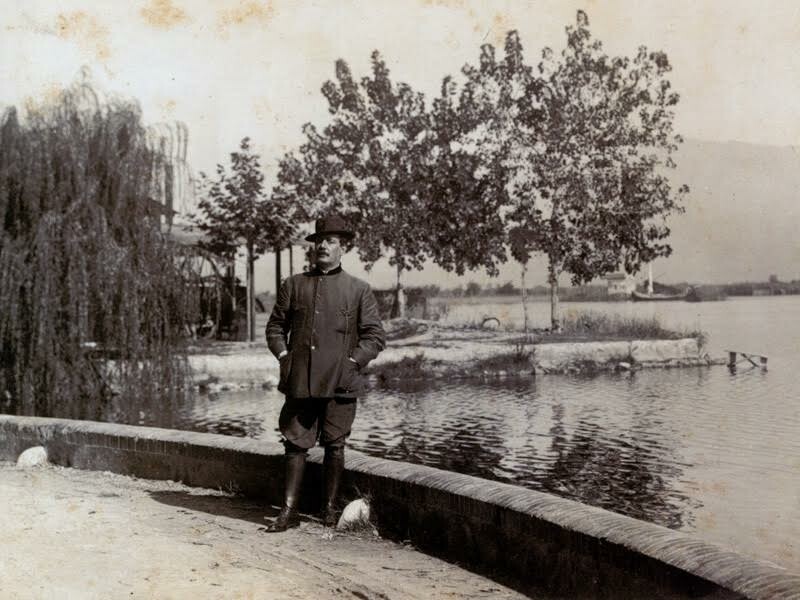
Giacomo Puccini in Torre del Lago
In January 1911, Puccini returned home to Torre del Lago following his triumphant trip to the United States the previous month where, on December 10, 1910, La Fanciulla del West premiered at New York’s Metropolitan Opera under the direction of Arturo Toscanini. “The reception on the opening night easily dwarfed that accorded to all his earlier works put together; everything and everybody had combined to make it a really memorable evening,” (Puccini Among Friends, Seligman). Puccini’s remarkable cast, which included Enrico Caruso and Emmie Destinn in the leading roles, “could not have failed to be a success with the public; the reaction of the critics, however, was guarded,” (The New Grove Dictionary). Immediately upon his return, Puccini set to work on a successor to Fanciulla, but it was several years before he produced anything. During this time, he encountered attacks from Italy’s new generation of composers, who railed against Puccini’s use of melodrama and vocalism. In particular, they accused him of a “bourgeois mentality, lack of ideals and pure commercialism,” (ibid.). Frustrated by the critics and saddened by the death of his father in 1912, Puccini spent “three long years of interminable searching up and down the highways and byways of literature and drama of half a dozen nations,” to find a suitable subject worthy of setting to music. (ibid.).
Fanciulla’s successor finally came in 1913, when Puccini accepted a lucrative offer from the Vienna Karltheater to write an operetta. La Rondine premiered on March 27, 1917, receiving warm attention. Although it “proved to be the weakest of Puccini’s works, uneasily hovering between opera and operetta and devoid of striking lyrical melody… it is written with consummate technical skill and possesses a certain allure,” (ibid.).
Boldly penned in black ink in Puccini’s large, casual hand. Addressed on the verso. In fine condition. Not published in Seligman.

